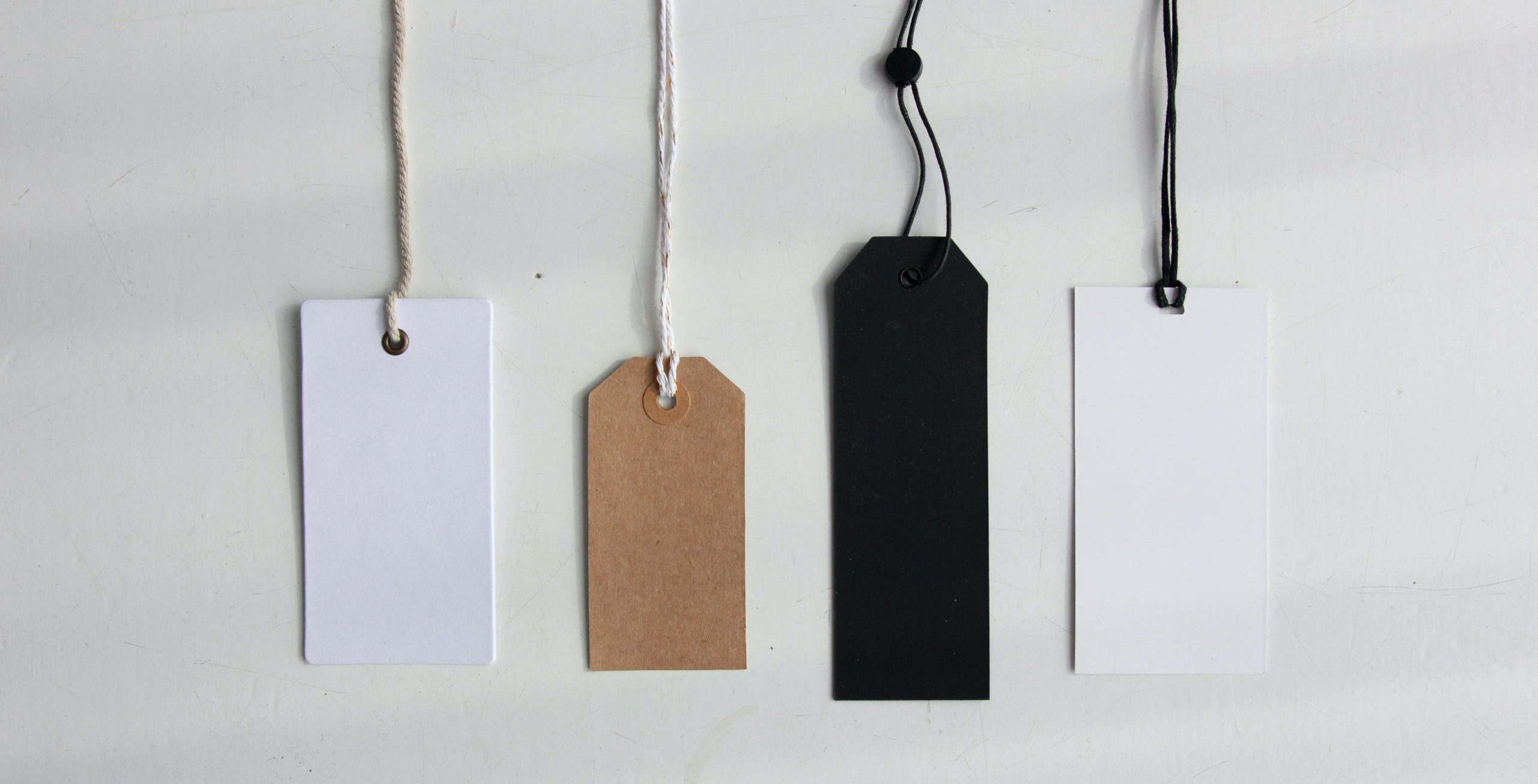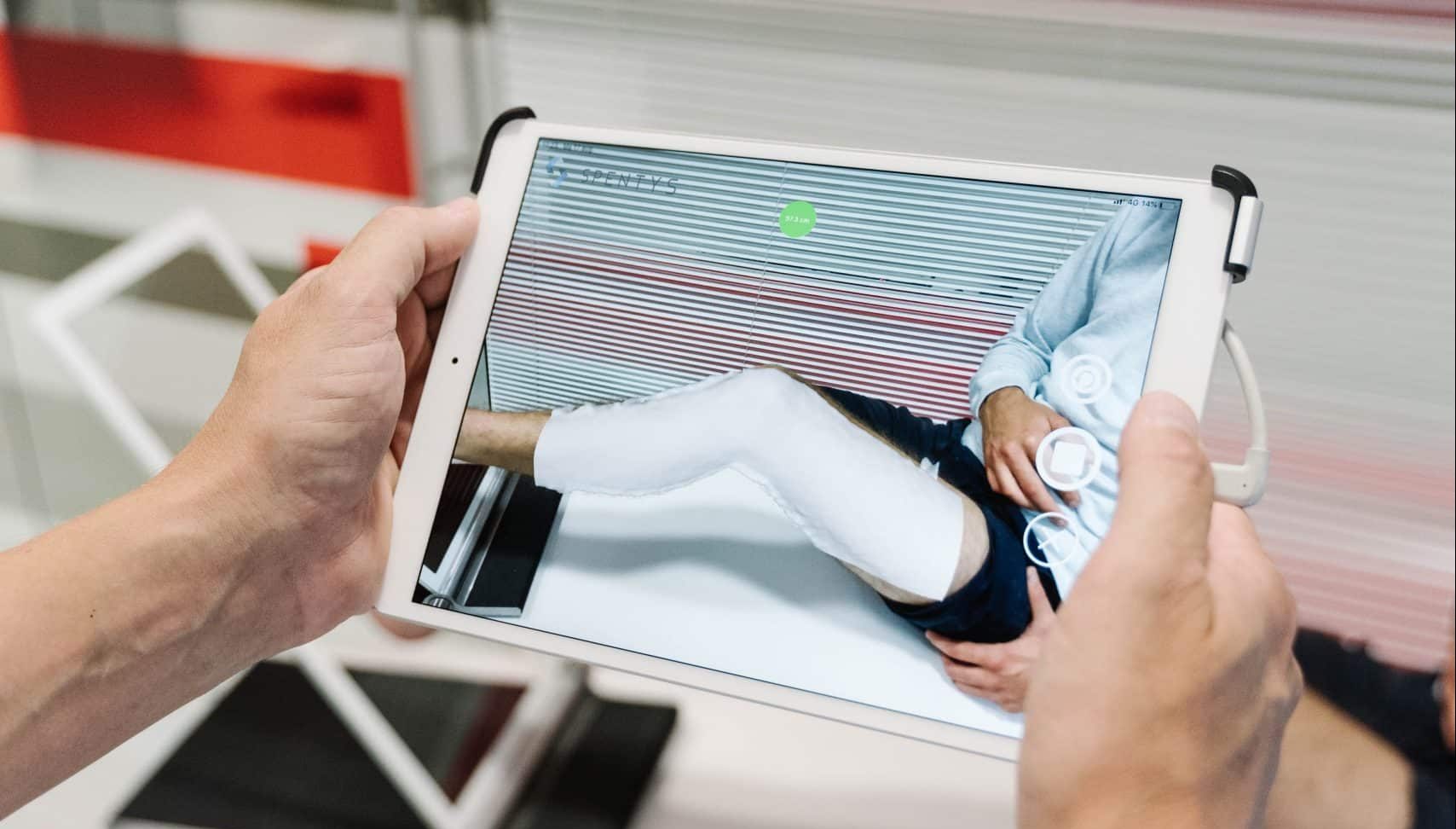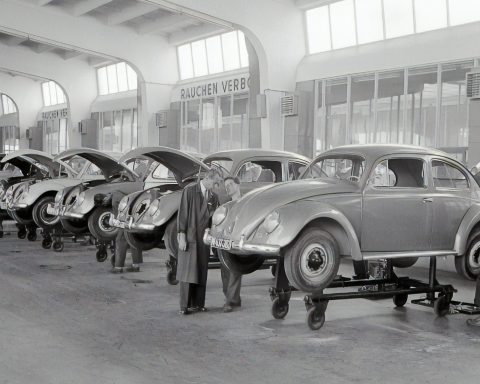The author* of this article is a British GP. The article is published anonymously to protect the privacy of the GP’s family.
“We think your child needs assessing for [insert neuro-developmental condition]” .
These are difficult words to hear, and I feel shocked. I don’t think I want my child labelling. They already have the label “adopted” and “previously looked-after child”.
I feel validated by another medical professional recognising that my child might have extra needs that could explain why my child struggles in some situations and why I have found parenting so hard.
Aren’t they just spirited? Quirky? Traumatised? Insecure? And aren’t these all just labels
anyway? Don’t I meet some of the criteria?
But at the same time, I feel validated by another medical professional recognising that my child might have extra needs that could explain why my child struggles in some situations and why I have found parenting so hard.
As GPs we use labels all the time, but I am cynical about them, and I don’t feel that medical labels are always a good thing. We were trained at medical school not to label patients ‘diabetic’ or ‘schizophrenic’: they are people first and then they have a diagnosis of diabetes or of schizophrenia. But we also know that these diagnoses never present in the same way because everyone’s presentation is unique. The diagnoses need to be in their health record as a sort of medical shorthand to explain a set of symptoms and to help guide treatment, but I don’t think it is helpful that people are defined by them.
Labels can limit people and the label alone doesn’t create change or improvement. Change, especially for trauma or for neuro-developmental conditions requires motivation, social support and often a high level of education as well as understanding and empathy from everyone around the person. I feel lucky that our children are in a school that accepts and adapts to each child’s individual needs and quirks, and that we have the time and emotional energy to research what might help set our children up to succeed.
I am especially cynical about labels since one or two patients per day ask me to refer them for adult autism, ADHD or bipolar disorder assessments. Some of these people will have those conditions and finding a label to explain their struggles might help them change their approach to life, provide a new source of support, or maybe even give them access to helpful medication. But for others I think it is a lot more complicated than that; and their history often reveals childhood trauma or abuse. The situation is further complicated by referral pathways leading people for assessments of individual diagnoses without looking at the whole person and their unique set of circumstances, difficulties and the resources available to them.
I’m sure other GPs will recognise this script that I keep coming across (with absolutely no blame intended for the stretched resources and hard-working and passionate practitioners):
Wait 12 months for an autism assessment: “It’s not Autism, try the ADHD pathway”.
Wait 12 months for an ADHD assessment: “It’s not ADHD, try six sessions of
CBT”.
CBT assessment over the phone: “It’s too complicated for CBT, try referring to psychiatry”.
At that point I bang my head on the desk.
CBT assessment over the phone: “It’s too complicated for CBT, try referring to psychiatry”.
At that point I bang my head on the desk.
Some days, I feel most of my consultations as a GP have their root in childhood trauma. Working in a deprived area, I see multigenerational trauma and how that affects patients and their children. But I also know the services and support are lacking and sometimes labels can open sources of support.
Does my child have a new label? Or do they have the survival response to a traumatic past?
I really don’t know. But we have talked to friends, colleagues, teachers and other adopters and have concluded that we should go ahead with an assessment. We will access resources and advice, buy a new genre of books, try to think of different parenting strategies to help our child to live a happy and fulfilling life. If applying a label of a particular neuro-developmental condition is what helps us and school to access extra support, we will have to take the label. I can even see the “superpower” aspect of this particular diagnosis and how wonderfully this contributes to my child’s rich personality. I want my children to know that we love and accept all the parts of them however they are labelled by the world we live in.
*Author details have been supplied in confidence to the editorial team
Featured image by Angèle Kamp on Unsplash








